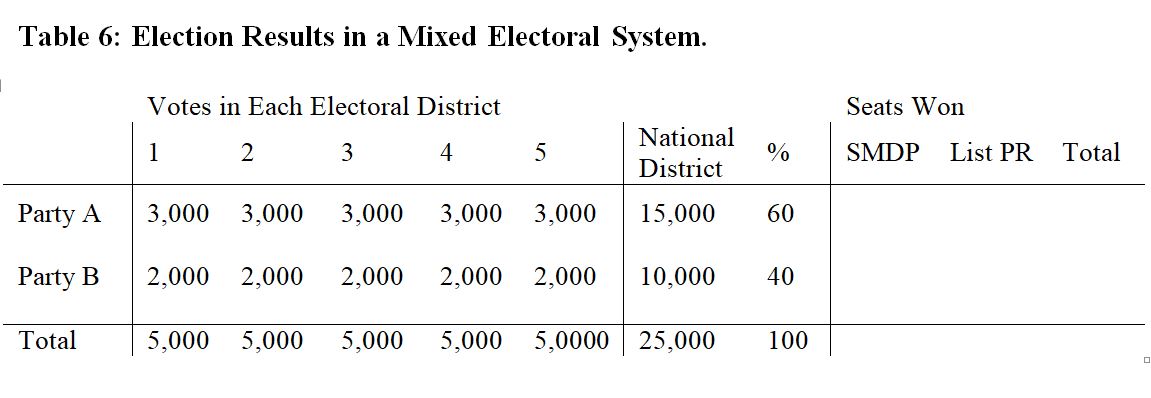Which statement explains what has happened to federal oversight of the financial industry since the 1980s?
a. Interest groups have lined up in opposition to the financial industry, leading to several waves of new regulations.
b. Congress has generally delivered whatever the financial industry wanted, repealing laws and rolling back safeguards.
c. Presidents have generally had an adversarial relationship with the financial industry, pushing successfully to tighten regulations.
d. Citizens have generally pushed back against legislation tightening restrictions on the financial industry, and Congress has responded by heavily deregulating the industry.
b
You might also like to view...
Up until the early 1960s, the relationship between politicians and the press was relatively cozy and many reporters accepted most of what government officials told them
Indicate whether the statement is true or false
In discussing political correctness, Barbour and Wright state that an example of this phenomenon is ______.
A. a university speech code outlawing demeaning language B. civics education that emphasizes the importance of the founders C. literacy tests that prevent uneducated citizens from voting D. closed primaries that stop unaffiliated voters from participating in these elections
Which of the following is NOT one of the items that have a strong affect on a President's approval ratings?
a. High Employment Rates b. A Strong Economy c. A Long, Large-scale Military Conflict d. A Strong Stock Market e. Low Taxes and Inflation
If the SMDP = single-member district plurality If mixed system were “independent,” how many SMDP seats would Party A win?

A. 0
B. 2
C. 3
C. 4
E. 5